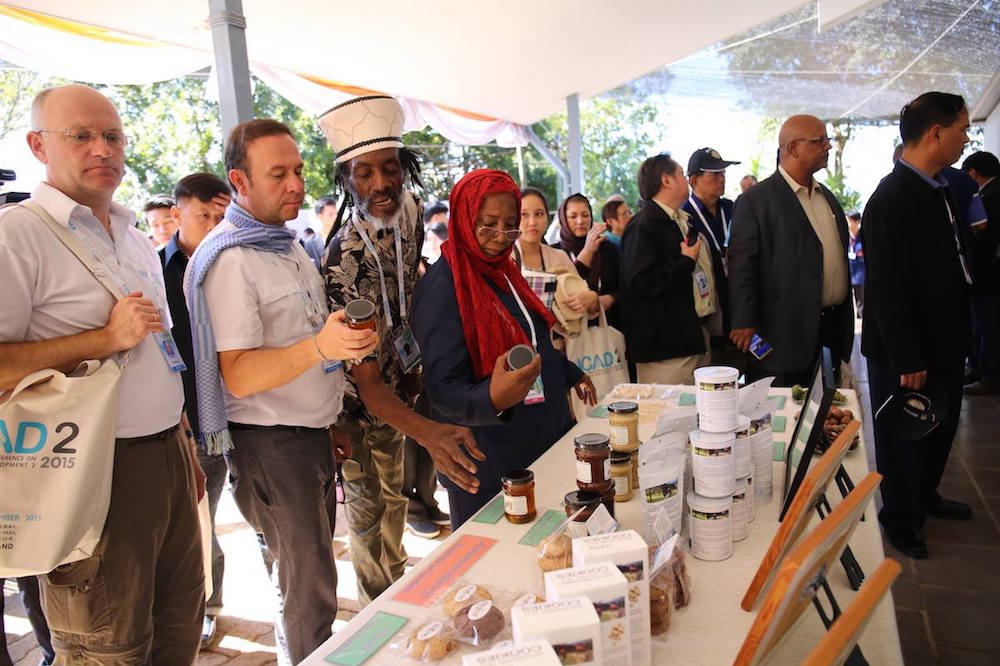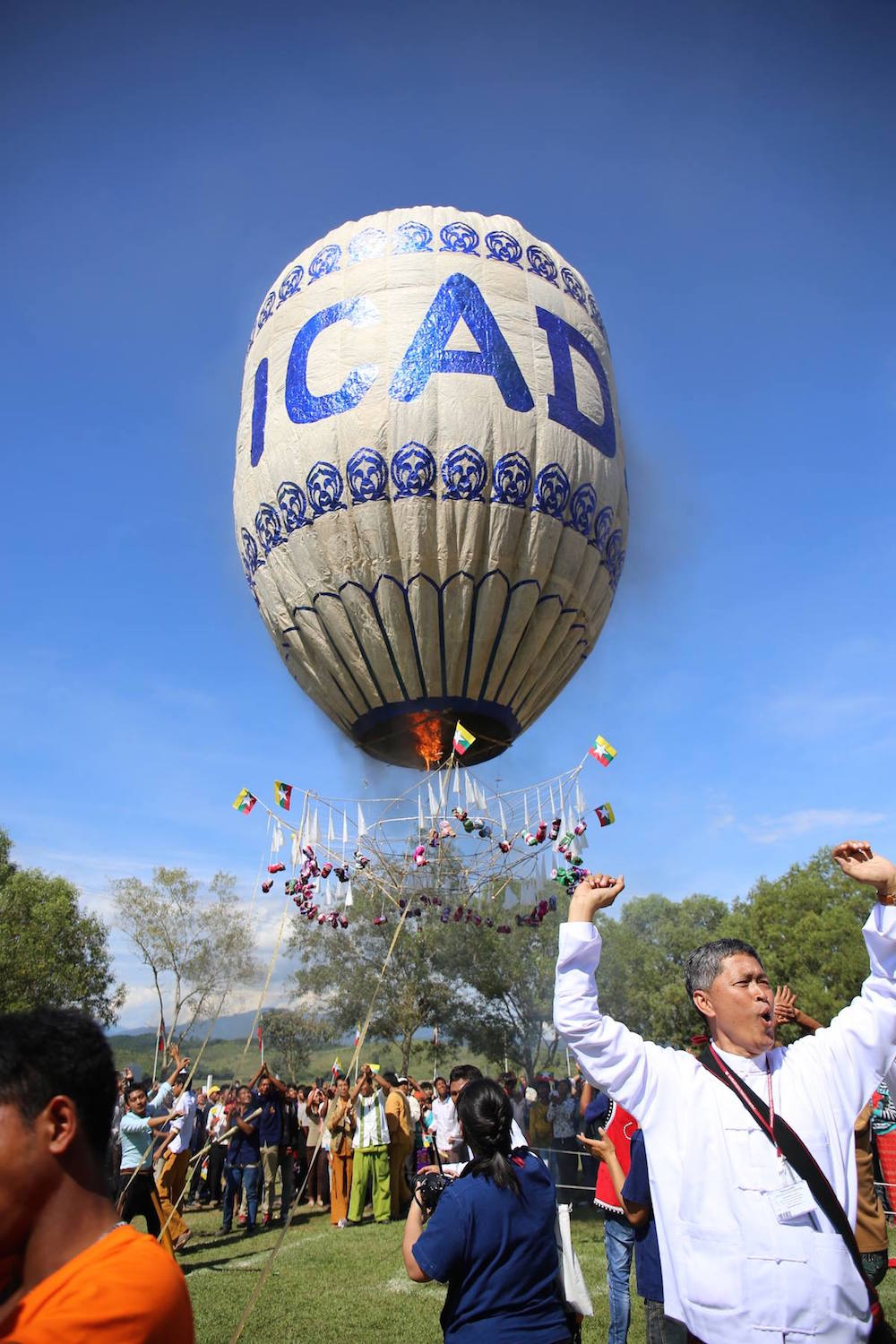
November 18 – 24, 2015 – TIJ attended “International Conference on Alternative Development 2 (ICAD2)” in Myanmar, Chiang Rai, Chiang Mai, and Bangkok
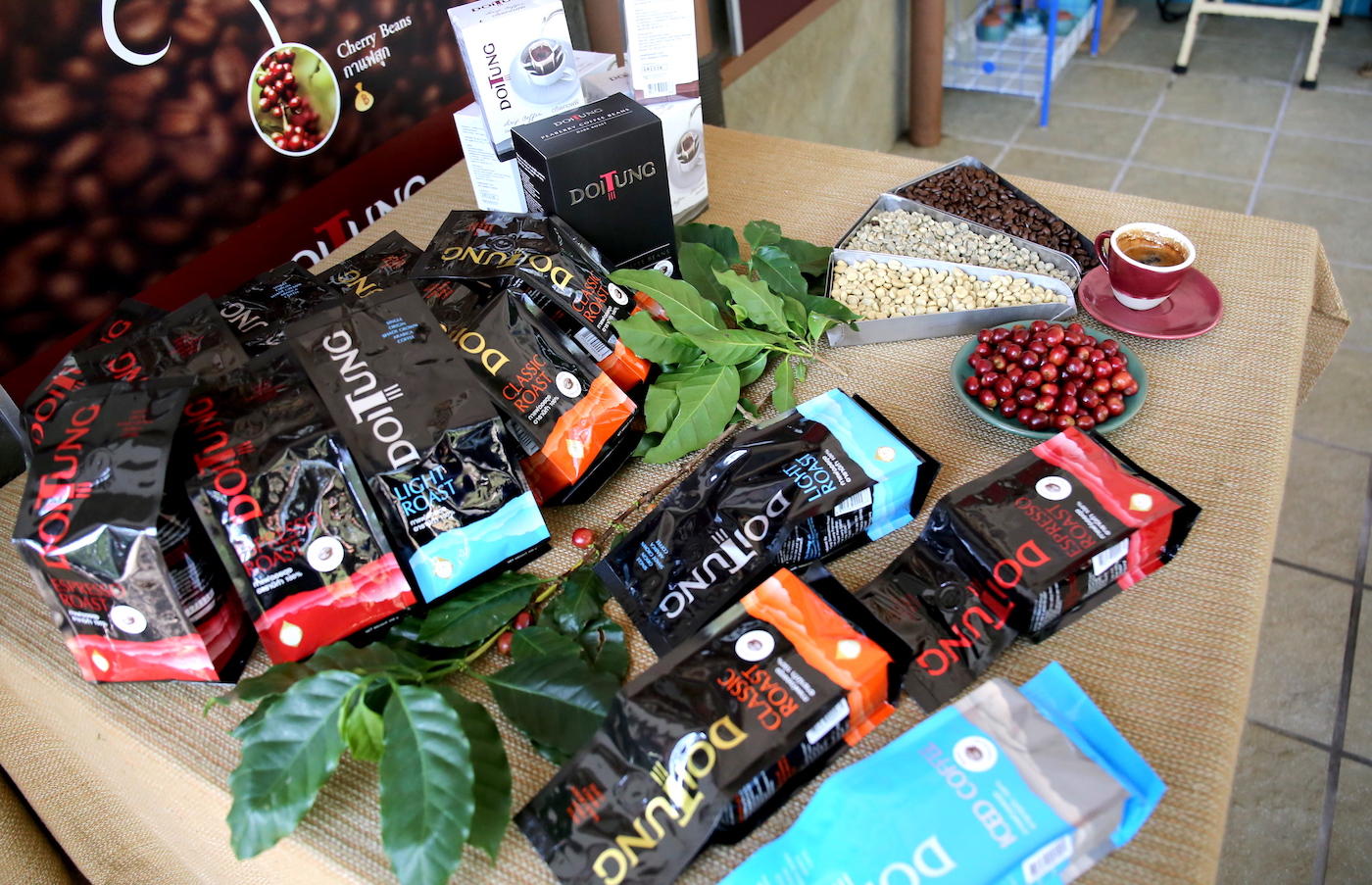
In order to build better understanding of the Guiding Principles on Narcotic Drugs (CND) at the fifty-sixth session in March 2013, the Guiding Principles on Alternative Development become an important tool for the international community to solve problems related to illicit cultivation of opium poppy, coca bush, and cannabis., Office of the Narcotics Control Board (ONCB) in partnership with the Thailand Institute of Justice (TIJ), the Royal Thai Project Foundation, the Mae Fah Luang Foundation under Royal Patronage, and the United Nations Office on Drugs and Crime co-organized the ‘International Conference on Alternative Development 2 (ICAD 2)'. This conference brought together over 150 policy makers, experts, practitioners, members of international organizations, and civil society representatives from all over the world to exchange good practices and knowledge on Alternative Development.
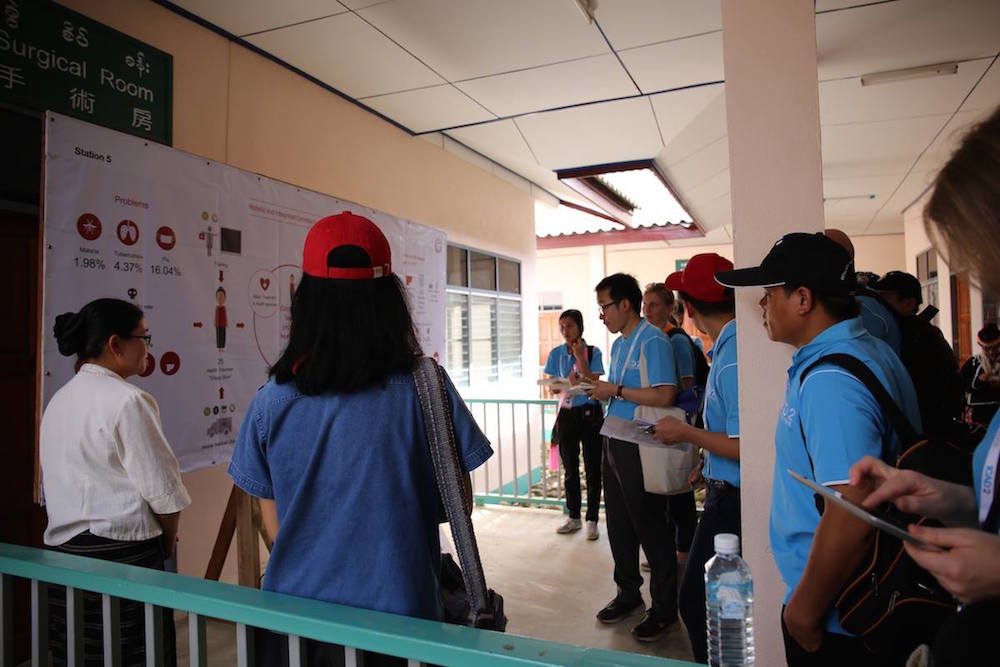
The programme of the conference is divided into 2 phases: (1) Field visit and (2) High-level meeting. All areas selected for the visit are those that used to be underdeveloped and mainly used for illicit crop cultivation, for example, opium growing. People living in the areas are marginalized people and consist of many ethnics and religions. For decades before the establishment of development projects, they are faced with insecurity, lack of access to justice, education, public health, and infrastructure.
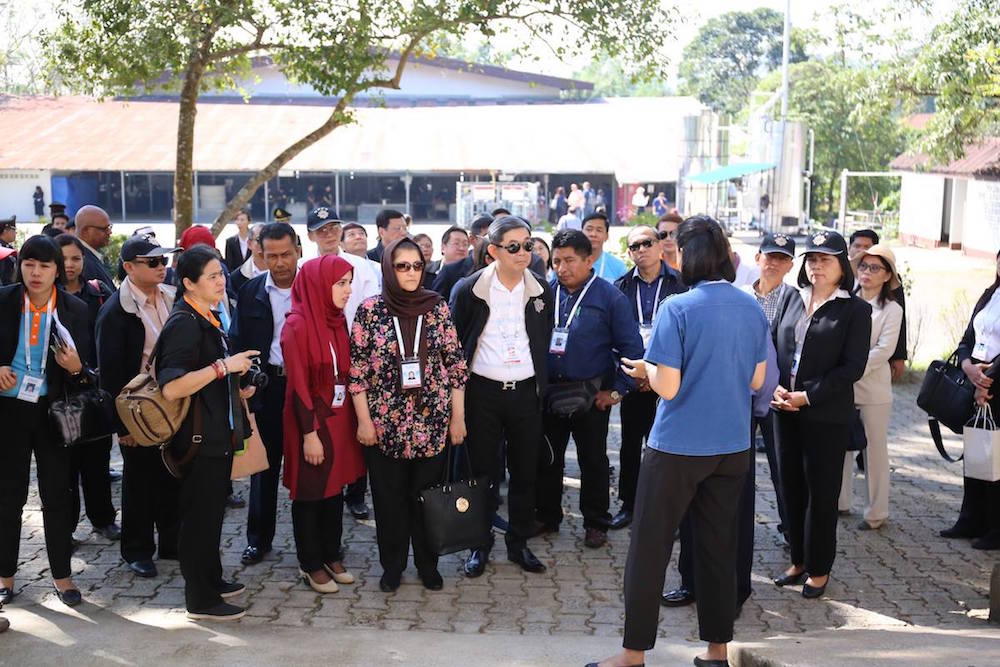
There are three sites in this programme: Wa village in Myanmar, Doi Tung under the Mae Fah Luang Foundation development project, and the Royal Development Project at Nong Hoi District. All areas have been substantially changed in a sustainable manner. Local people who formerly grew, trafficked, and addicted to opium had become skilled labours. Now they make potteries and textiles, grow coffee, macadamia, spices and other high-valued economic plants. Knowledge and competency have also been taught from generation to generation. At present, it is the third generation with over 90 percent of the young graduate university degrees from across Thailand coming back home to continue this living.
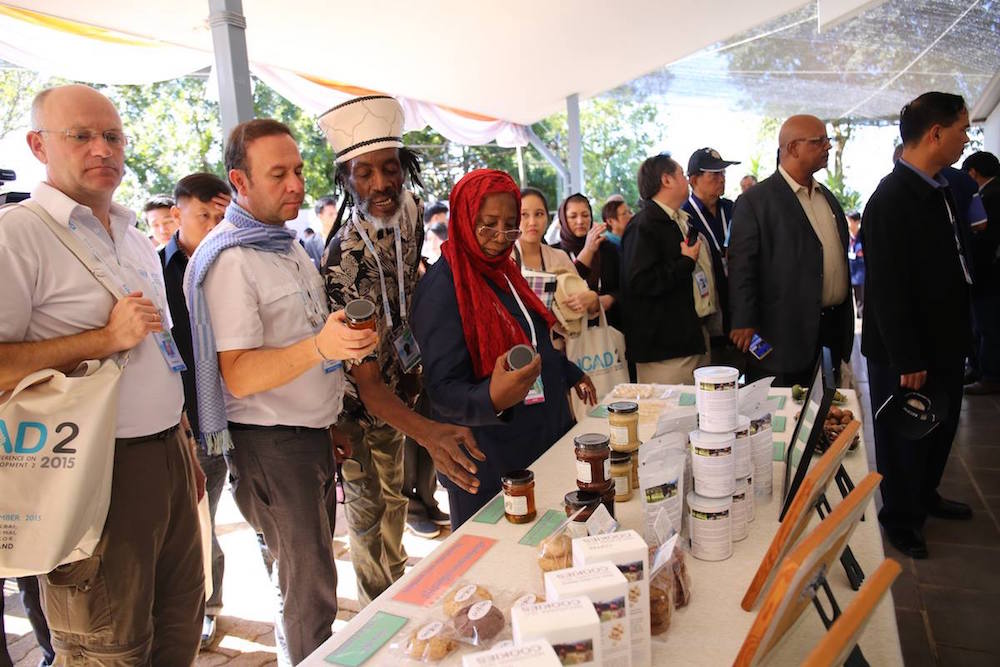
ยอมรับนโยบายความเป็นส่วนตัว
เว็บไซต์นี้มีการใช้คุกกี้ (cookie) เพื่อพัฒนาประสบการณ์การใช้งานและเพิ่มความพึงพอใจต่อการได้รับการเสนอข้อมูลและเนื้อหาต่างๆ ให้ดียิ่งขึ้น โดยการเข้าใช้งานเว็บไซต์นี้ถือว่าท่านได้อนุญาตให้เราใช้คุกกี้ตามนโยบายคุกกี้ของเรา
More Detail


